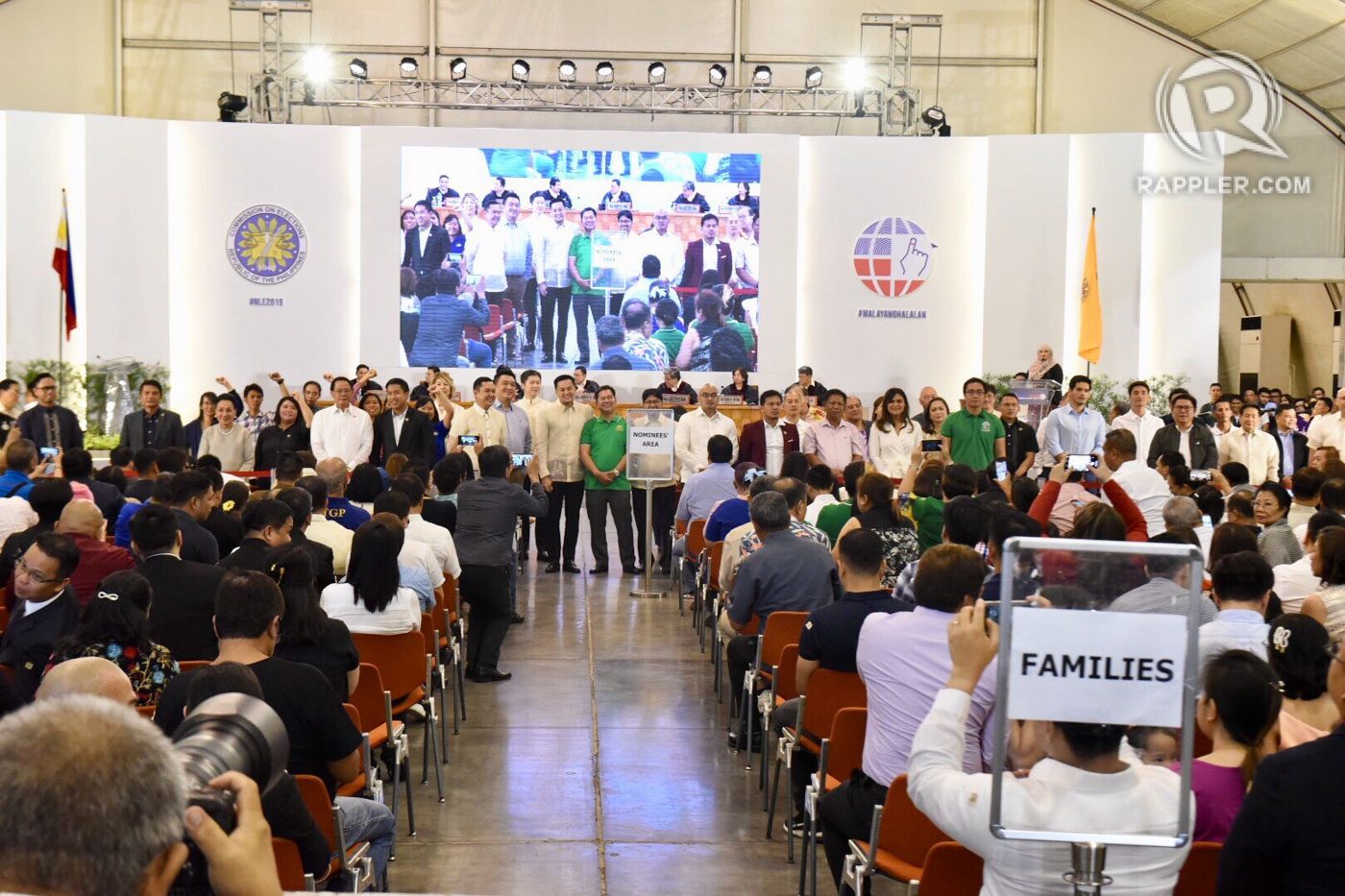SUMMARY
This is AI generated summarization, which may have errors. For context, always refer to the full article.

MANILA, Philippines – The impact of the 2013 landmark Supreme Court decision on party list representation in the House of Representatives was fully felt in the May 13 elections where money and power trumped sectoral advocacies, Akbayan Representative Tom Villarin said on Friday, May 31.
Villarin made his personal assessment in a Rappler Talk interview on Friday, where he noted changes in the party list system as reflected in the results of the 2019 elections. For one, Akbayan lost for the first time since the party-list elections were held in 1998.
“The 2019 elections was really a major shift in terms of the nature and composition of the party list system….Based on my observations, the party-list terrain has dramatically changed,” Villarin said.
He noted that the new party-list groups are dominated by those “not from the sectors but from big business, contractors groups and…political clans at the local level.”
“In a way the competition under the party list system of representation is now mainly about money, power, and influence rather than on sectoral advocacies,” Villarin said.
This shift, he said, began in 2013, when the SC ruled that political parties do not have to represent the marginalized sector to participate in the party-list elections, leaving the House seats up for grabs even for the already powerful.
For Akbayan and other party-list groups representing marginalized sectors, this meant running against moneyed groups which allegedly introduced a “transactional element” in voting for party-list groups, ranging from alleged vote-buying to pyramid-scheme-type call for investments, Villarin said.
“For us to win at least one seat, you have to spend millions. It was not the norm before, when you rely on your electoral base and your support groups,” Villarin said.
He observed that “there was too much money flowing into the elections” with new groups that “could spend so much even as high as P500 million, outspending a senatorial campaign.”
Based on Rappler’s analysis of winning representatives in the 2019 polls, many of the nominees who will fill the seats allocated to the neophyte party-list winners are either former elected officials, a member of a political or influential clan, or linked to a powerful individual like President Rodrigo Duterte.
Duterte factor
What was also different about the 2019 party-list elections, Villarin said, was the “conscious big effort of the [Duterte] administration” to push for its favored party-list groups.
“In a way, that also spelled the difference,” he said.
Villarin also observed a concerted effort to bring down party-list groups like Akbayan known to be critical of Duterte and his policies when Akbayan, in fact, conducted a positive campaign anchored on its track record especially in the 17th Congress. (READ: PDP-Laban and its confusing local politics in 2019)
“Perhaps the message could not get through because the veneer of the negativity was too thick for us to penetrate the message to the people and of course the culture that President Duterte has already spawned – meaning fear and that anyone who is not with him is against him, has permeated voters’ consciousness,” Villarin said.
He pushed for a party-list system law that would cement latter as a means for “affirmative action” for sectoral representation instead of as a backdoor of the rich and powerful. – Rappler.com
Add a comment
How does this make you feel?
There are no comments yet. Add your comment to start the conversation.